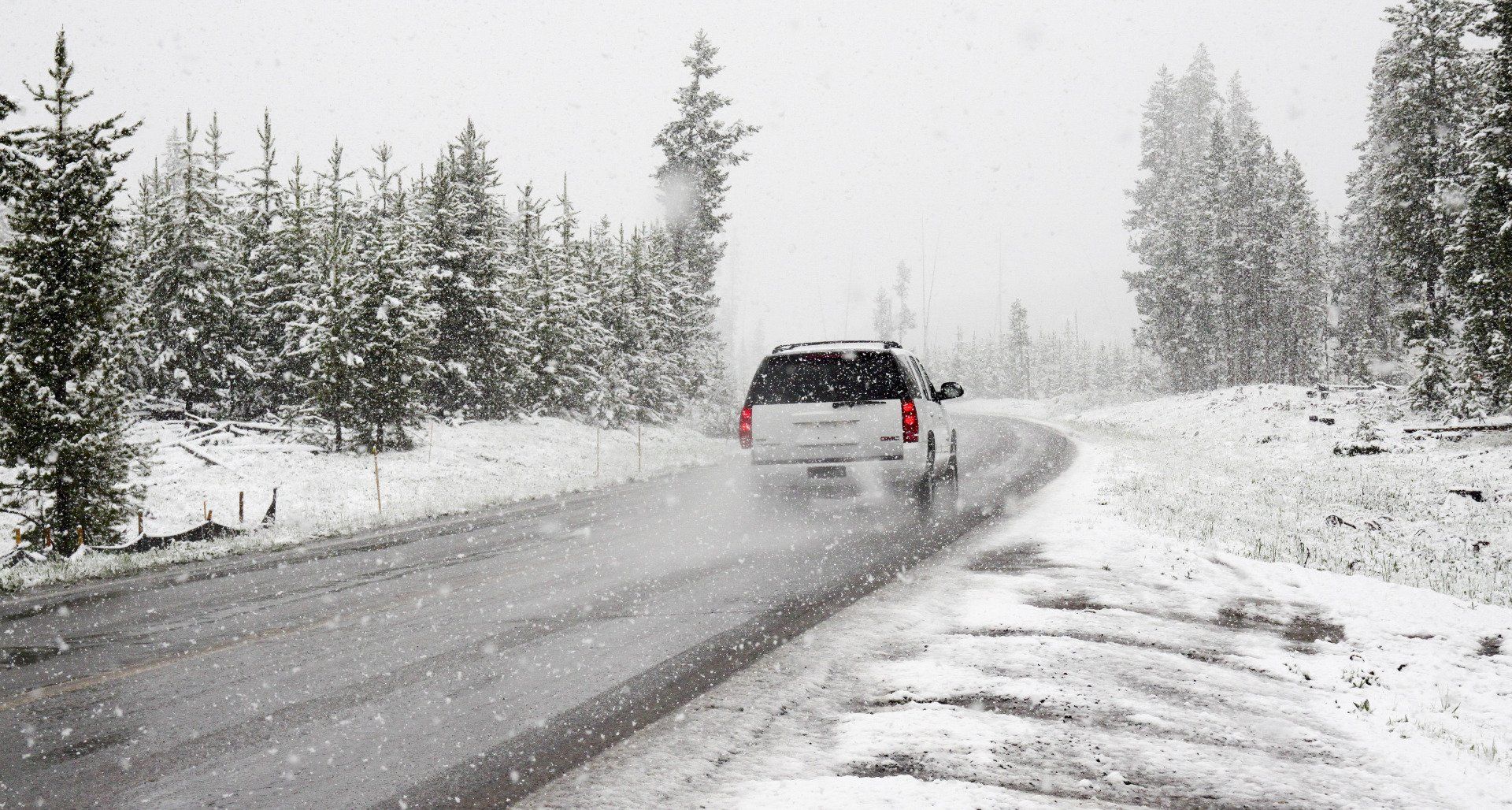By Kerry Bonfiglio-Bains
•
October 28, 2025
When you need to hire someone, the salary is just the tip of the iceberg. For small businesses especially, recruitment can be one of the most expensive and time-consuming processes you'll undertake—even if you're only hiring once every year or two. Most small business owners assume that handling recruitment themselves is the most cost-effective approach. After all, posting a job is free, right? But when you add up the real costs—especially the hidden ones—the picture looks very different. Let's break down what hiring actually costs when you do it yourself, including the expenses most business owners don't account for until they're deep in the process. The Direct Costs You Can See These are the obvious expenses that most people budget for: Job Advertising : £0-£500+ While free options like Indeed or LinkedIn exist, you often need paid listings to reach quality candidates. Specialist job boards, premium placements, and sponsored posts can run into hundreds of pounds. For hard-to-fill roles, you might need to advertise across multiple platforms for weeks. Background Checks and Testing : £50-£200 per candidate DBS checks, reference checking services, and skills assessments all add up. If you're screening multiple finalists, these costs multiply quickly. Many business owners skip this step to save money—which often leads to expensive hiring mistakes down the line. Onboarding Costs : £500-£2,000 Think equipment, software licenses, training materials, and any courses or certifications your new hire needs to get started. Total visible costs: £550-£2,700 Most small business owners stop their cost calculations here. But this is only about 20-30% of what recruitment actually costs you. The Hidden Costs That Really Add Up This is where DIY recruitment gets expensive—and most small business owners seriously underestimate these costs until they're in the middle of it. Your Time (The Biggest Hidden Cost) Recruitment is incredibly time-consuming, especially when you're doing it for the first time in a while and don't have established processes. Here's a realistic breakdown: Writing a job description and posting it : 3-4 hours (researching what to include, writing, editing, posting to multiple sites) Reviewing applications : 8-15 hours (for 50-150 applications—yes, even "simple" roles attract this many) Phone screening promising candidates : 4-6 hours (15-20 minute calls add up fast) Conducting first interviews : 8-12 hours (including prep, the interviews, and note-taking) Second interviews and assessments : 5-8 hours Reference checks, deliberation, and offer negotiation : 3-5 hours Total: 31-50 hours minimum And that's if everything goes smoothly. If your first-choice candidate rejects your offer, or you realize after a few weeks that none of your candidates are quite right, you're starting over. What's your time worth? If you bill clients at £75/hour, or your time is worth £50/hour to your business, that's £1,550-£2,500 in opportunity cost . That's money you're not earning because you're sifting through CVs instead of serving clients, developing business, or doing the strategic work only you can do. Your Team's Time It's not just you. If you involve team members in the process: Reviewing CVs together: 2-3 hours per person Conducting interviews: 4-6 hours per person Training the new hire: 10-20 hours in the first month If two team members are involved at £30-40/hour, that's another £960-£1,740 in time costs. Every hour your team spends on recruitment is an hour they're not doing their actual jobs. Productivity Loss During the Search When a position sits empty, work doesn't stop—it gets redistributed. Your team picks up the slack, which means: Projects take longer to complete Client response times slow down Quality may slip as people rush to cover gaps Team stress and potential burnout Lost sales or business development opportunities For a £30,000/year role sitting empty for 8 weeks (typical for DIY recruitment), you're losing roughly £4,600 in productivity , not counting the ripple effects on team morale, client satisfaction, and potential lost business. The Cost of Getting It Wrong Here's the really expensive part. When you're not hiring regularly, you're not practiced at spotting red flags, asking the right questions, or properly assessing candidates. The cost of a bad hire for small businesses: Salary paid during their employment (3-6 months average): £7,500-£15,000 Lost productivity and damaged work: £3,000-£8,000 Impact on team morale and additional turnover: £2,000-£5,000 Time to manage performance issues: £500-£1,500 Cost of recruiting their replacement: £4,000-£8,000 Total cost of a bad hire: £17,000-£37,500 For a small business, that's not just a financial hit—it can be genuinely damaging to your operations and reputation. Studies show that businesses that hire infrequently make poor hiring decisions up to 50% of the time, simply because they don't have the experience or systems in place to consistently assess candidates well. What Does DIY Recruitment Actually Cost? Let's add it all up for a typical small business hire (£28,000-£40,000 salary range): Successful DIY Hire (everything goes right): Direct costs: £550-£2,700 Your time: £1,550-£2,500 Team time: £960-£1,740 Productivity loss (8 weeks): £4,600-£5,500 Total: £7,660-£12,440 DIY Hire That Goes Wrong (bad hire, need to start over): All of the above, plus: Cost of bad hire: £17,000-£37,500 Total: £24,660-£49,940 Even if you get it right 70% of the time, your average cost per hire is still over £12,000 when you factor in the occasional mistake. The False Economy of DIY Small business owners often tell us: "I can't afford to pay for recruitment help." But here's the reality: you're already paying. You're just paying in: Your valuable time that could be spent on revenue-generating work Your team's time and decreased productivity Longer time-to-hire that leaves gaps in your business Higher risk of costly hiring mistakes The question isn't whether you can afford help—it's whether you can afford not to have it. A Smarter Approach You don't have to do everything yourself, and you don't need to hand over the entire process either. Many small businesses find value in getting support for the most time-consuming parts: Candidate Screening - Let someone else sift through the 50-150 applications and send you the 5-8 genuinely qualified candidates. Saves you 10-15 hours immediately. Skills Testing - Professional assessments identify who can actually do the job, not just who interviews well. Dramatically reduces your risk of a bad hire. Job Brief Creation - Get your job description right the first time so you attract the right candidates and waste less time on unsuitable applicants. Interview Support - Get help structuring interviews and spotting red flags you might miss when you only hire every year or two. The investment in selective support is almost always less than the cost of doing it all yourself—especially when you factor in your time, the speed of hire, and the reduced risk of getting it wrong. The Bottom Line Recruitment is expensive, whether you realize it or not. The costs are there—you're just choosing whether to pay them in money, time, stress, and risk, or to invest in getting it done right. The next time you think "I'll just handle this myself to save money," do the math: How many hours will this actually take you? What's your time worth? What's your risk of getting it wrong? What would a mistake cost you? Often, the most expensive approach is the one that looks cheapest on paper. The smartest small businesses recognize that their time is their most valuable asset. They invest it where only they can add value—and get the right help for everything else.











